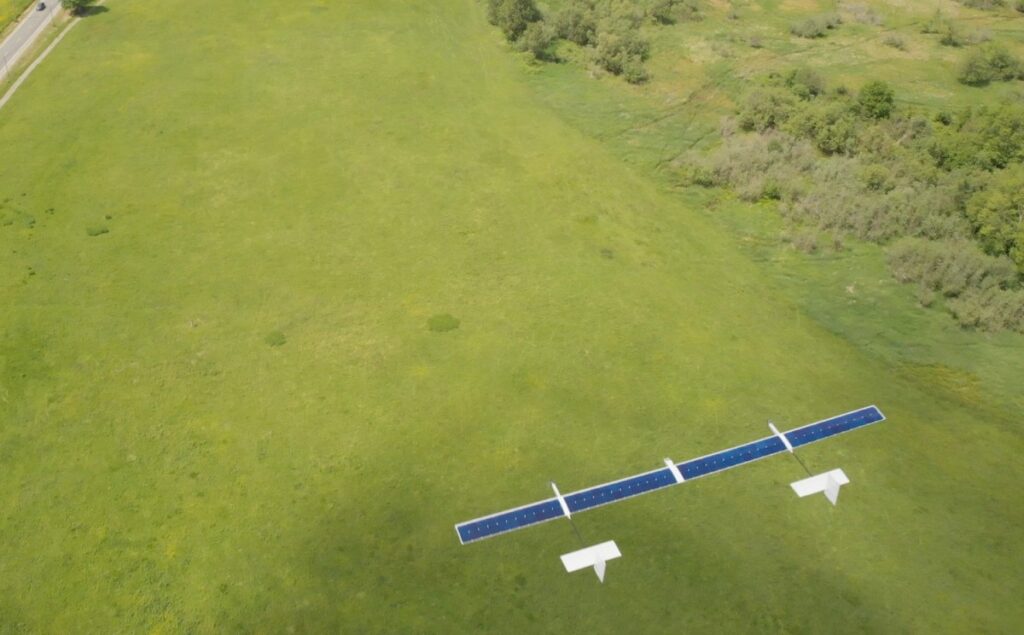The popularity of refurbishing technology has only increased these past few years and with it, the understanding of how important sustainability is in the industry.
Studies estimate that simply throwing away old tech products can contaminate the soil and drinking water, harming the environment and requiring an increase of material products that only further exploit resources from places like Asia and Africa.
Back Market, a tech refurbishment company founded in 2014, was created to help consumers connect with refurbishers so they can buy used electronics. One of its co-founders, Thibaud Hug de Larauze, hopped on Found to chat with us about why he and his co-founders decided to launch the company and the impact he hopes it has on the environment and consumer behavior. Based in France, Hug de Larauze spoke of the gap in the market between a consumer wanting refurbished products and finding a trustworthy seller and marketplace.
“I became obsessed by the customer journey,” he told Found, saying the company wanted to expand as fast as possible. When the company first started, he recalled it was doing one to two sales a day — now he says they’ve worked with more than 16 million customers across 18 countries, including throughout Europe, the U.S., Japan, and the U.K.
The company’s first round of investments came from angel investors. Hug de Larauze said there was a lot of pushback, especially as the company was so young and new. “The truth is we were creating a vertical dedicated to refurbished products that didn’t exist anywhere,” he said. Investors couldn’t easily place the company which, he said, caused them some anxiety. But, the company was able to manage and become of one France’s largest unicorns, with a valuation of nearly $6 billion.
Hug de Larauze also spoke about sustainability, saying that buying refurbished tech saves 92% of Co2 emissions compared to buying tech products new. He hopes the company can encourage more people to buy used — if not for the sake of it being cheaper than at least for the sake of the environment. Listen to our conversation with Hug de Larauze to hear more of the conversation and what happened when he made his personal number the company’s customer helpline.


